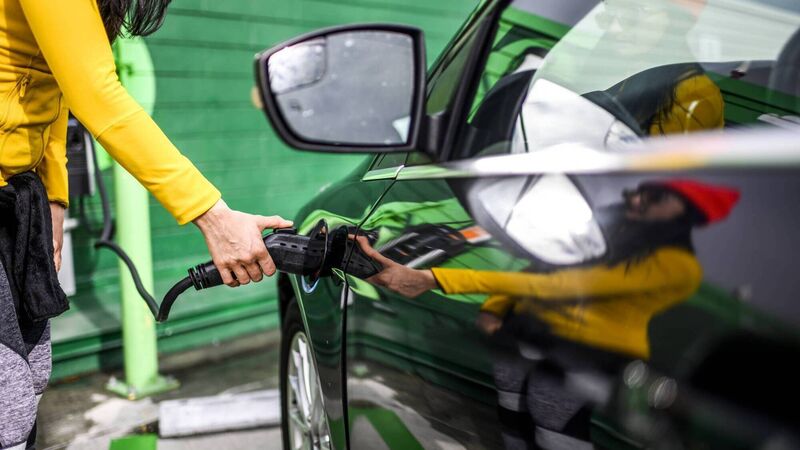Electric vehicles not a silver bullet solution to emissions crisis, expert warns

Relying on electric vehicles to solve the transport emissions crisis is akin to tackling obesity by calculating how much salad to eat while still overwhelmingly consuming junk food, one of Ireland's leading energy experts has said.
Relying on electric vehicles to solve the transport emissions crisis is akin to tackling obesity by calculating how much salad to eat while still overwhelmingly consuming junk food, one of Ireland's leading energy experts has said.
Dr Hannah Daly, a lecturer in sustainable energy and energy systems modelling at University College Cork (UCC) and a former modeller and analyst at the International Energy Agency (IEA), was speaking at the Oireachtas Climate Committee on the 51% emissions reduction targets by 2030.
CLIMATE & SUSTAINABILITY HUB













